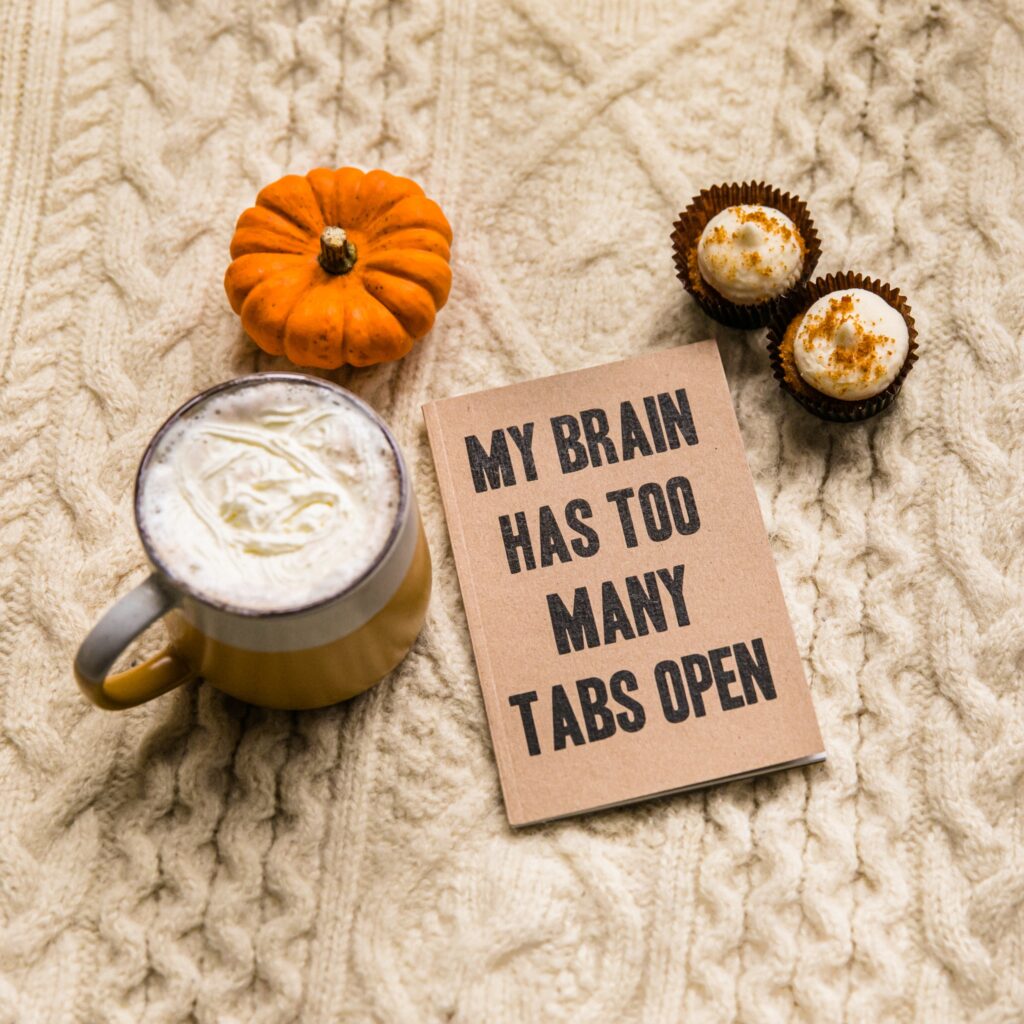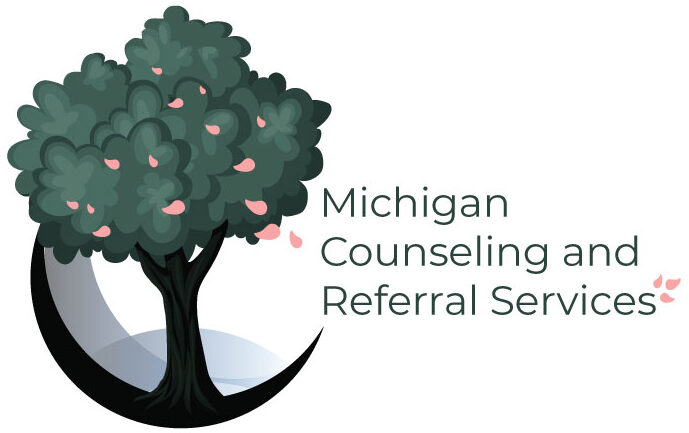The Mental Health Crisis In The US
What is “the mental health crisis” in the United States? I would even go on to say that there’s a mental health crisis across the planet. Mental health is a complex idea, one of which I want to address in this article based on an article I read previously.
From here I will discuss the article “Are You Mentally Ill or Very Unhappy?” It follows the author’s own struggles with the mental health system as well as her interviews with experts around the world.
My hope is that you approach this article and my review with an open mind! It will likely challenge a lot of your worldviews of general health as well as your own views of how we in the United States do things.
I hope you enjoy!
What is “Mental Health”
The WHO states that “health is a state of complete physical, mental and social well-being and not merely the absence of disease or infirmity.” This speaks of out overall holistic idea of health in public health.
The link I shared also shares other components of health that the WHO has identified.

For example, socioeconomic status and equality are included in this definition. It is also mentioned what health looks like for different age groups-children to adults.
Health vs Mental Health
Why do I mention the general definition of health in a discussion of mental health? One reason is that mental health is a component of overall health-as stated in the WHO’s definition. I would even go as far to add spiritual health to that definition.
All of this to say when talking about health, you must talk about mental health. According to the data, this is not up for debate. So when we talk about the definition of “mental health”, we must recognize the mental, social, and spiritual well-being in conjunction with physical well-being. The entities are not separate and are all major components in the definition of mental health.
For us concrete thinkers and for the purposes of keeping things in this article consistent, mental health in my own definition in conjunction with the WHO’s would be the state of complete mental, spiritual, and social well-being; also not merely the absence of disease or infirmity.
I realize this all may be radically different than what we have come to recognize about mental health in our culture, but it is the truth. If you are not physically healthy, spiritually healthy, or socially healthy, in most cases by our definition of mental health you are not in good mental health.

“Health” Is Culturally Determined
I know you read this heading and immediately had thoughts. Stay with me here. Science and rational thought has allowed us to come very far in treating what we call “physical diseases” such as different cancers, Alzheimer’s, viral infections, and many other illnesses.
Much of this work has come from what we call the western world. Typically when we talk about the western world or “western way of doing things”, we mean specifically the rational approach through academic study for the goal of finding objectivity.
Facts that have yet to be falsified or are unfalsifiable have been of cultural interest for hundreds of years throughout western Europe and the United States.
This very approach produced the western biomedical approach to treating disease as mentioned above.
“Treat y condition with z intervention and 100% of the time y will go away”.
This is our current approach to treating medical disorders. I linked the definition for disorders to emphasize that even disorders are subjective to our own culture. What may be seen as a disorder to us in the United States may be interpreted differently elsewhere.
Western biomedicine is the best approach (so far) to managing physical illnesses/disorders by eliminating them from getting in the way of us living our lives. We as people of western culture have adopted the biomedical approach in how we view not only physical health, but also mental, spiritual, and social health.
The very fact that we think of depression, anxiety, and other mental illnesses as, well, mental illness or something wrong with us is a testament to this acculturation-particularly in the United States.
So Do We Have It All Wrong?
I’ll encourage you to take a break from my writing and listen to a fellow social welfare expert, Dr. David Cohen from the UCLA school of social work faculty.
In this short 3 minute video Dr. Cohen describes how mental illness is perceived in the United States in a way that is very easy to understand. It truly shows a great example of how particularly mental health is highly variable and unique to different cultures.
He also shows how systems we live in are the actual large-scale contributors to the mental health crisis.
When talking about the mental health crisis in the United States-in my own experience anecdotally and through research-Dr. Cohen’s words absolutely hold weight. I would go as far to say that the view of “mental illness” goes beyond the problems he stated about the United States.
Don’t get me wrong, we have a special case of it here due to other systemic issues we face. However, the idea still stands. Even in cases of severe disorders folks like to bring up like bipolar and schizophrenia, in many cases these “disorders” can be managed effectively through other channels.
The channels I am talking about specifically will be covered in the next section where I review the article more in detail.
Are You Mentally Ill or Very Unhappy?
If you missed it at the top, “Are You Mentally Ill or Very Unhappy” is a fantastic article that fell into my inbox from a psychiatry newsletter I am a part of. Upon reading it, I sent it to all providers I work with at my federally qualified health center (FQHC).
The article talks specifically about how we look at and treat mental illness. Because of these questions that psychiatrists and other mental health professionals are asking, we are adjusting the language and overhauling how we look at “mental illness”.

Sophie McBain, the author, asks a question-are we truly mentally ill? Or are we simply rational beings reacting to a traumatic world? She goes on to discuss her own psychiatric diagnoses and her experience managing them.
Her most significant statement relating to this is right in the beginning when she says “but that’s not me! That’s not who I am!”. This was all in response to her diagnosis of borderline personality disorder.
Throughout the article, Sophie talks about different conversations that she has with other medical and mental health professionals. Most notably, she mentions a conversation with a psychologist and medical anthropologist named Dr. Nev Jones with the University of Pittsburg faculty.
Dr. Jones also reported that she suffered from symptoms of psychosis previously while studying for her PhD in her 20s. She mentioned that she did end up making a full recovery and decided to dedicate her life to the study of psychosis.
When a leading expert on the understanding of psychosis was asked what the most significant factor in her treatment was, she replied “empowerment.” She went on to state:
“The problem wasn’t: ‘You’ve got schizophrenia, or you’ve got psychosis’… The deep thing was losing all meaning in my life, all social value. And the healing thing was being able to enter into conversations as an equal.”
– Nev Jones, PhD on her experience with psychosis.
Being A Mental Health Patient Is Making Us Sick
A general thought from the article is the criticism of diagnosing mental illness and what it does to us. I talk in my article about how diagnosing certain mental illnesses can be harmful in many cases.

That being said, in Dr. Jones’s quote and throughout the article the idea that being labeled a “patient” with a condition was what was making people sick. The identity of being sick with chronic “mental illness” is making people sustain their illnesses on a macro scale.
I have seen this in many of the people I have worked with in therapy over the years. The people who have the most difficult time with “mental illness” are the people who struggle to shift their beliefs about their “mental illness” to a “rational response to a traumatic world”.
Our brains are all so unique in their wiring. The most significant truth about our brains is that they want us alive. What we view as “mental illness” is really our brains communicating that something is wrong.
Strong emotions that won’t go away aren’t conditions, they’re messengers. And like anything, when you choose to dampen persistent emotions they get bigger and more intense.
I understand this all seems radical. It does NOT mean that I am against diagnosing altogether for all people. In fact, Dr. Jones goes on to say in the article that she finds it frustrating when we go too far and overlook the fact that diagnosing people can help them in some instances.
I have seen in some cases that people want a diagnosis because it gives them power over their illness. Of course, if they view it as an illness, this can be helpful. However, when things aren’t changing or are persistent we need to change our approach.
What Using This Lens Means For Treatment
So what does this all mean for mental health treatment? Believe me, we still have a lot of work to do. Even if we adopt this lens into our current worldview of mental health, we still need mental health treatment.

The mental health crisis in the United States has been shown to be multi-factorial. As such, shifting our lens in treatment to be multi-factorial is not an option-it is a necessity.
Shifting this lens completely changes the paradigm of mental health treatment from the biomedical approach of “I’m broken” to “my resources are overwhelmed”-like from the video. For long-term mental health success, this is the best lens we have.
In a culture where “strength”-which is actually just the suppression of emotions-is glorified, we have a lot of ground to make up to shift the paradigm.
We are raised to believe that if you don’t have sadness, worry, fear, anger, or euphoria then that means you are “mentally healthy”.
Is it more mentally healthy to be at emotional baseline all the time? Or is it more mentally healthy to be able to healthily experience the full range of your emotional profile and manage it with curiosity? You choose.
Whatever you choose that gives you the best long-term remission of “symptoms” is what will be best for you. Having said that, from my western-rationally based, data-driven and educated opinion I would opt for experiencing your full range of emotion for more holistic mental, spiritual, physical, and social health.
After all, this is what research shows works the best!
Conclusions
I realize I threw a lot out there in this article. The point that I want to highlight for the mental health crisis in the United States is that we need to change our approach.
There is nothing wrong with academic/medical research. In fact, I hope that studies on psycho-pharmacology and all sorts of interventions continue to come out. We need to know exactly what can help us and how.
We also need to adopt a more critical lens when looking at our own definitions of mental health/illness. Refining this, though seemingly unnecessary, is the most important step in being able to address the mental health crisis.
Through changing our lens to view mental illness as a response to broken systems we can better grow and understand ourselves as a species. Our brains are beautiful wonders that allow us to move and evolve through time.
Why would we limit ourselves to chemicals that randomly go up and down? Why would we limit ourselves to viewing our biological responses to negative stimuli “disorders”? We as people deserve to treat ourselves better.
So listen to your mind and body. They are constantly trying to communicate. It will be important in your own mental health treatment to better understand your system for the best long-term success.
If you want to discuss more about this with me, feel free to reach out using my contact form.

Interesting post. I agree that in many cases mental illness can be a rational response to circumstances, but I don’t think that’s the case for everyone. My own pattern of illness has never felt like a rational, proportionate response to circumstances. It’s always felt like an illness, particularly because I experience severe psychomotor slowing, which would be very disabling regardless of cultural framing. But I agree that more attention needs to be paid to what’s going on in people’s lives that is contributing to what they experience in terms of their mental health, and unnecessarily pathologizing isn’t helpful.
Hi Ashley! So good to see you here and thank you for your words. Absolutely, there’s a lot more to be said here given our experiences that probably would take much more than this or any article could ever cover. I appreciate you bringing light to the complex instances where I would agree that this lens does not serve to be the best approach. But that’s the idea, humans are HIGHLY complex beings. Including this lens in our training along with our biomedical approach is the message I hope to convey, because somewhere along the line “holistic” became “everything but doctors”. You probably know better than me that this is worse than the opposite!
What we need is to have a system that is truly set up for us as professionals to listen to and troubleshoot with the folx we work with. A lot of the issue in the US is that providers don’t get enough time and funding to give patients quality care. We see tons and tons of people, but continuity and quality of care in more marginalized communities here is increasingly worse as more and more people find themselves to be marginalized. This is because our healthcare system is paid through volume rather than quality of care. Ugh, it just annoys me. There’s a lot more to it than that as you know, but that’s the crux of it.
But to sum it up, you’re right-the LAST thing I want to do is unnecessarily pathologize somebody’s mental health struggles. We’ve made great strides in treating those struggles and that should not be thrown to the wayside. The fact of the matter of this whole idea is that we’re all different and require a unique approach to our treatment. I just wish that this idea wasn’t swung too far one or the other way amongst us providers. I’m sure you’ve seen it, as well. Because at the end of the day it’s the people we treat that feel the repercussions.
I’m so glad you commented, though! I’m kind of fangirling right now because I LOVE your info. You’ve actually had a hand in helping me be a better clinician with your work, so I owe a great deal to you for you info. Thanks for being my first comment, Ashley!!